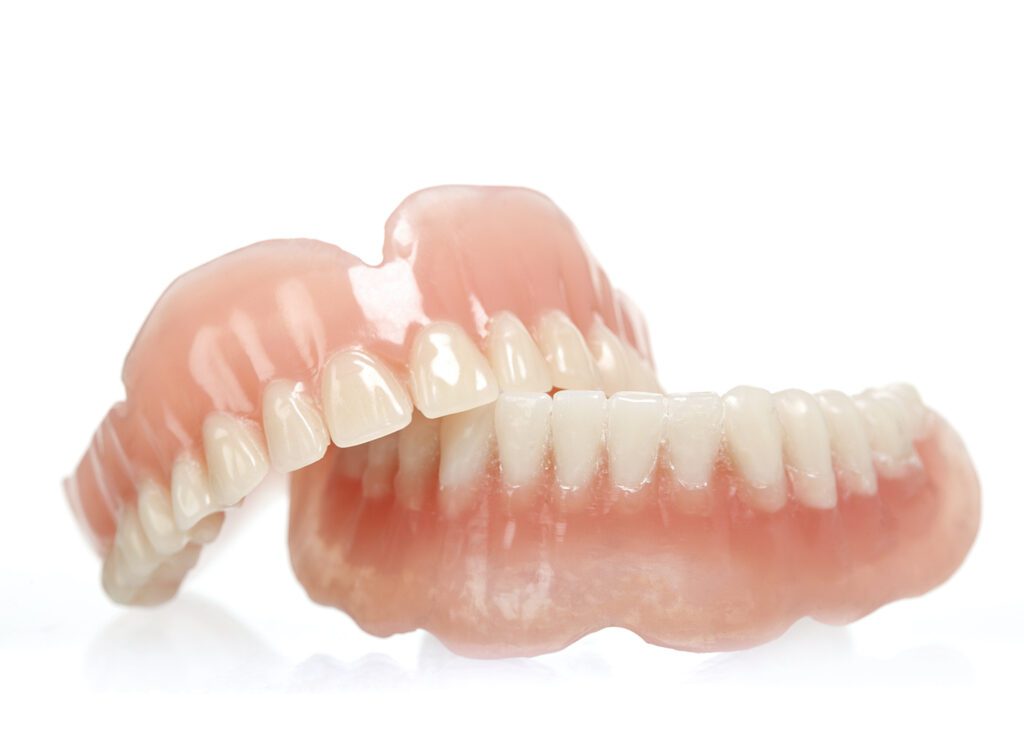Dentures and partials help replace missing teeth. They could restore function and appearance. Proper care ensures their longevity and effectiveness. Understanding the importance of maintaining dentures and partials can prevent future complications and enhance your overall oral health.

Caring for Dentures and Partials
Daily Cleaning Routine
Clean your dentures and partials daily. Use a soft-bristled brush and non-abrasive denture cleaner. Avoid regular toothpaste. It can damage the surface. Rinse your dentures under lukewarm water. Hot water can warp them. Brush all surfaces, including the grooves that fit against your gums. Food particles and plaque can accumulate, leading to bad breath and gum disease. Cleaning prevents these issues. Take your time when cleaning. Ensure you reach every nook and cranny. A thorough cleaning routine can prevent staining. It also keeps your dentures looking their best. Consider using a specialized denture brush. It can make the process easier.
Soaking Dentures Overnight
Soak your dentures overnight. Use a mild denture-soaking solution. This keeps them moist and maintains their shape. Rinse them thoroughly before wearing them again. This removes any remaining solution. Soaking also helps to loosen any debris that brushing might have missed. Never use hot water for soaking. It can cause your dentures to warp. Always follow the instructions on the soaking solution. Some solutions are not meant for overnight use. Ensure you choose the right one.
Handling Dentures with Care
Handle your dentures carefully. Hold them over a folded towel or basin of water. This prevents damage if you drop them. Avoid bending or damaging the plastic or attachments. Dentures are delicate and can break easily. When removing your dentures, do so gently. Use both hands to avoid putting too much pressure on one side. Place them in their storage case when not in use. Proper handling can extend the life of your dentures.
Regular Dental Check-ups
Visit your dentist regularly. Regular check-ups ensure a proper fit. Ill-fitting dentures and partials can cause discomfort and sores. Your dentist can adjust your dentures as needed. They can also check for signs of wear and tear. Your dentist will also examine your gums. They will check for any signs of infection or irritation. Regular visits can catch problems early. This can save you from more extensive treatments later.
Diet and Dentures
Be mindful of your diet. Avoid hard or sticky foods. These can damage your dentures. Cut your food into small, manageable pieces. Chew slowly and evenly on both sides of your mouth. Certain foods can stain your dentures. Coffee, tea, and red wine are common culprits. Rinse your mouth after consuming these beverages. This can help minimize staining.
Storing Dentures Properly
Store your dentures properly when not in use. Keep them in a denture-cleaning solution or water. This prevents them from drying out and losing their shape. Never wrap them in tissue or leave them out in the open. Proper storage also prevents accidental damage. Always use a designated storage case. This keeps them safe and clean.
Recognizing Signs of Wear
Recognize signs of wear. Look for cracks, chips, or loose teeth. If you notice any issues, contact your dentist immediately. Do not attempt to repair your dentures yourself. Wear and tear are normal over time. Regular inspections can catch problems early. This can prevent more extensive damage.
At Dental Spa Indy, we offer comprehensive dental care. If you have a new denture or partial, it’s important to follow proper maintenance tips to keep them strong and healthy. Contact us today to schedule a consultation and learn more about how you can care for your dental restorations.
